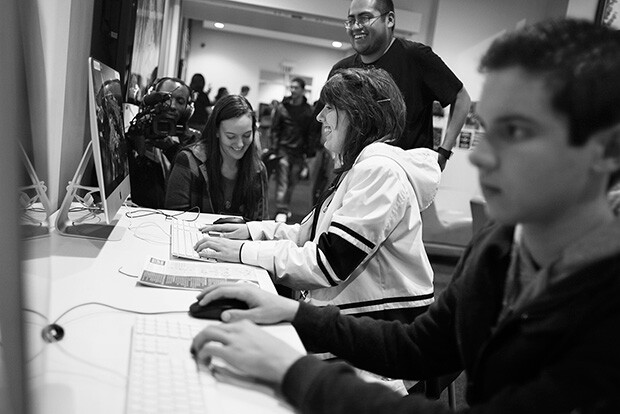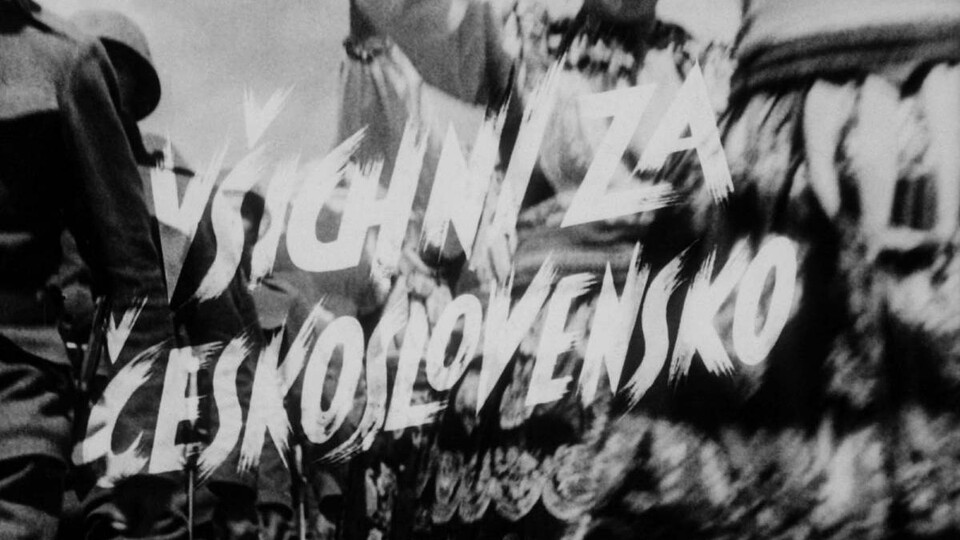Controversial View of the Society on Computer Games
I started to play games already at elementary school, around the year 1990, when my parents bought Amiga 500. Although I found it a bit strange to be the only girl in my class playing computer games, this fact did not discourage me from pursuing my hobby. But the feeling of certain awkwardness and inappropriateness persisted – the intensity and complexity of my gaming experience that enable me to become the protagonist of adventures in vast fictitious universes and to explore various complicated systems and processes was in stark contrast with the misapprehension and criticism of computer games in mainstream media. For example, in 1999, Reflex magazine published an article by Radovan Holub stating that I belonged to what he called a “cripple culture”; TV news basically referred to gaming only in relation to some bizarre excesses such as: “found dead after 6 days of playing computer games”. After my first university lecture on computer games (in 2009), I found it subversively funny that I managed to smuggle the topic of gaming onto the academic grounds of the TV and Film School of the Academy of Performing Arts.
That feeling of disproportion between the powerful and sophisticated experienced offered by computer games (as a new audiovisual medium remediating among other things the world of cinema) and their degraded role in the eyes of the society made me delve deeper into the roots of this imbalance. Are games really a mere repetitive and violent entertainment, or rather – as indicated by my own experience – a new artistic form with highly specific expression possibilities? The outcomes of my research conducted over the recent years will be published in a book called The Art of Gaming by AMU Press in the summer. Several parts of the book and some bonus materials are now available at the related website cas.famu.cz/gameart.
Aside from procrastination issues, the greatest danger when writing the book on such a topic was, among other things, that it will gain an overly exalting and legitimising tone. A great part of the previously published specialised publications on PC games open with an attempt to prove that PC games are a respectful field of entertainment – their opening chapters very often refer to researches indicating that the average age is currently 35 years or that the computer game industry has long been generating more income than cinema (based only on box office figures), so this sphere of culture should be paid as much serious attention as other media. As if the authors of these books needed to legitimise not only games as equal to other media, but also the fact that they were paying attention thereto. In my book, I managed to avoid this somewhat obligatory and conventional opening premise; however, I found it a bit harder not to slip into a too fervent advocacy of games as a new medium. I tried to compensate for my gaming zeal with a detailed analysis of opinions of those who argue that, for various reasons, games have not, at least not yet, became a form of artistic expression. I hope that my book will not be taken for a mere uncritical fan-written defence of gaming, but rather as an inspiration to think of games from different angles without trying to impose my own specific position onto the readers. I do not view games as a new form of art that would surpass all other forms, but rather as a medium at an embryonic stage, evolving and changing extremely fast, thus not easily grasped, which is interesting, among other things, in that many diverse aesthetic and social-cultural concepts are being invented and used to praise, or, conversely, to criticise this phenomenon.


